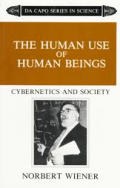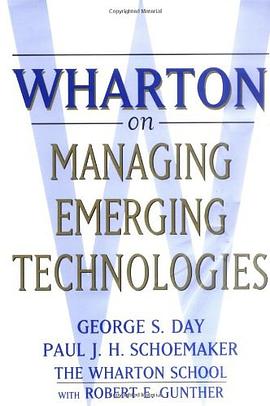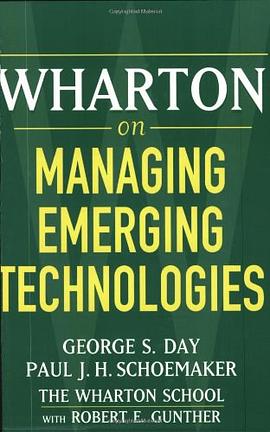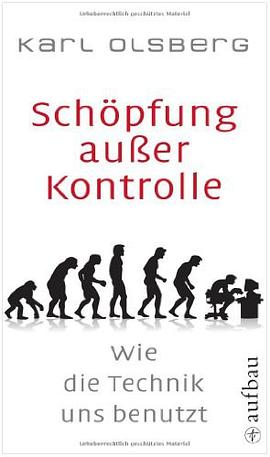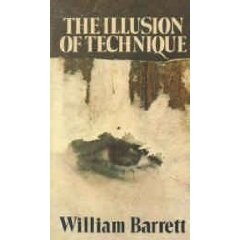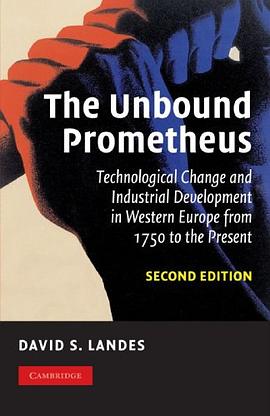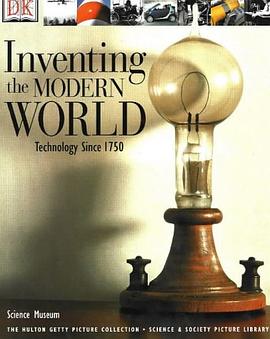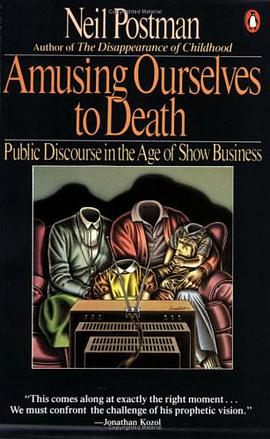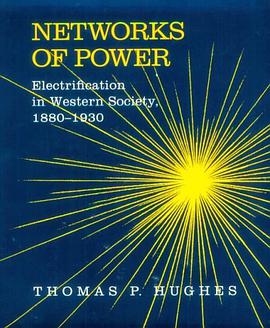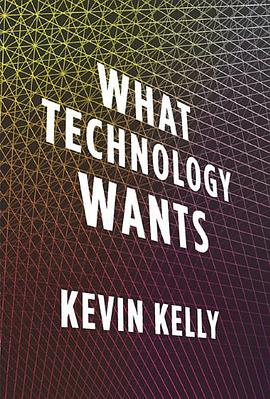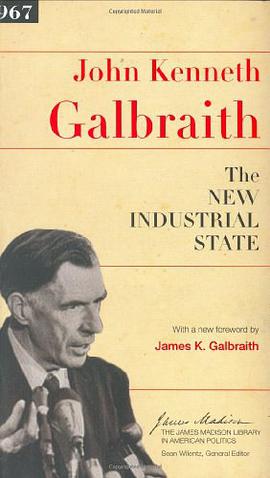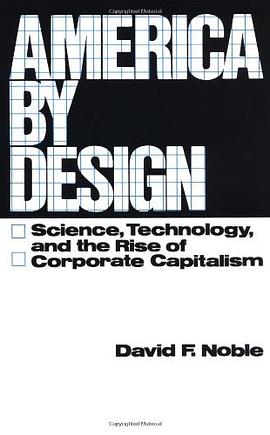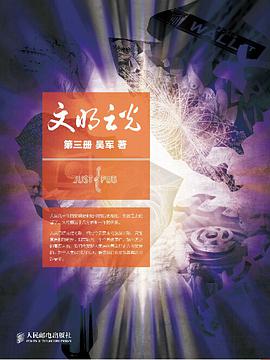作者:
Day, George S. (EDT)/ Schoemaker, Paul J. H. (EDT)/ Gunther, Robert E. (EDT)
Wiley
2004
- 8
Emerging technologies such as the Internet and biotechnology have the potential to create new industries and transform existing ones. Incumbent firms, despite their superior resources, often lose out to smaller rivals in developing emerging technologies. Why do these incumbents have so much difficulty with disruptive technologies? How can they anticipate and overcome their handicaps? Wharton on Managing Emerging Technologies presents insights, tools, and frameworks from leading busi-ness thinkers based on the research of Wharton's Emerging Technologies Management Research Program. This pioneering industry-academic partnership, established in 1994, is one of the longest and broadest initiatives on the management of emerging technologies. For the first time, this book distills the insights from the program into a single volume for managers, covering a wide range of issues related to the successful management of emerging technologies. The editors contend that managing emerging technologies represents a "different game," requiring a different set of management skills, frameworks, and strategies than those used by established firms to manage existing technologies. In this book, experts from diverse fields examine key issues such as: Common pitfalls and potential solutions for incumbent firms in managing emerging technologies Strategies for assessing the potential of new markets and designing technologies to take advantage of market "lumpiness" The need for scenario planning and "disciplined imagination" to develop strategies under uncertainty The limits of patents in protecting gains from technology, and the use of lead time and other strategies The power of innovative financial strategies and the use of real options in making investments Using alliances and new organizational forms Developing a "customized workplace"Wharton on Managing Emerging Technologies represents a powerful survival kit for managers "dropped behind the lines" of these new technologies. The authors provide a comprehensive set of tools and insights that will help you understand the new challenges and develop effective strategies to succeed at this different game. Praise for WHARTON on MANAGING EMERGING TECHNOLOGIES "New technologies are transforming markets, businesses, and society at an ever-increasing rate. We have a critical need for better road maps for managing our way through this new terrain. This book offers critical insights and useful new models for thinking through these challenges."
—Professor Thomas Gerrity, Director of the Wharton e-Commerce Forum "Wharton on Managing Emerging Technologies covers the emerging technology landscape-from strategy to finance to human resources-in a way that only a group of top scholars from many disciplines could do. Insightful, accessible, and smart ideas that make for 'must reading' for thoughtful executives in today's turbulent economy. The authors prove, once again, the power of research to yield deep insight into tough business problems."
—Kathleen M. Eisenhardt, Professor of Strategy and Organization, Stanford University and coauthor, Competing on the Edge: Strategy As Structured Chaos "Wharton on Managing Emerging Technologies offers valuable insight for large established companies seeking growth in a dynamic market of rapid technological advancement. The entertaining cases and thoughtful analyses help managers create strategies, select options, and organize to successfully manage the interface between imagination and knowledge."
—Jerry Karabelas, PhD, CEO, Novartis Pharma AG
